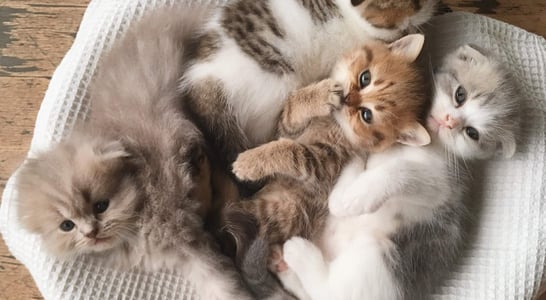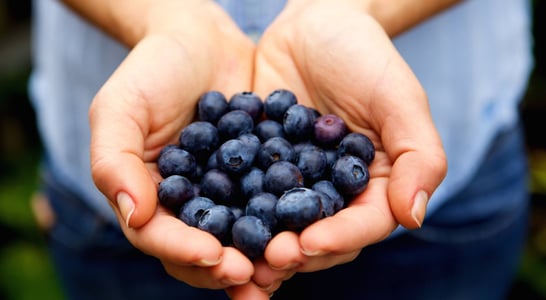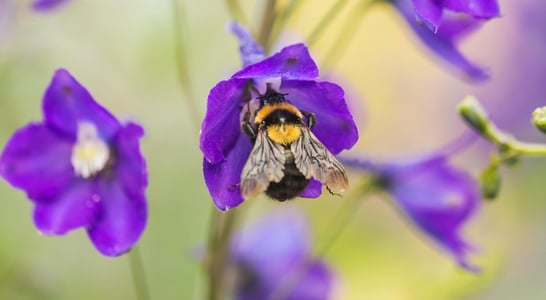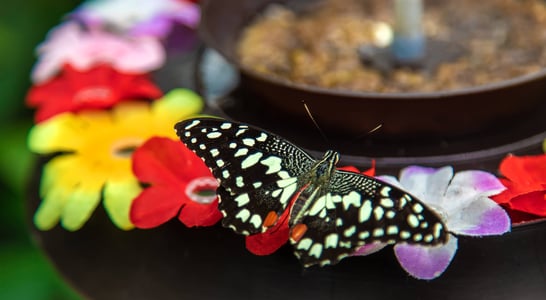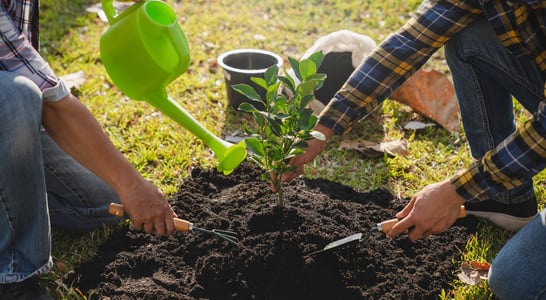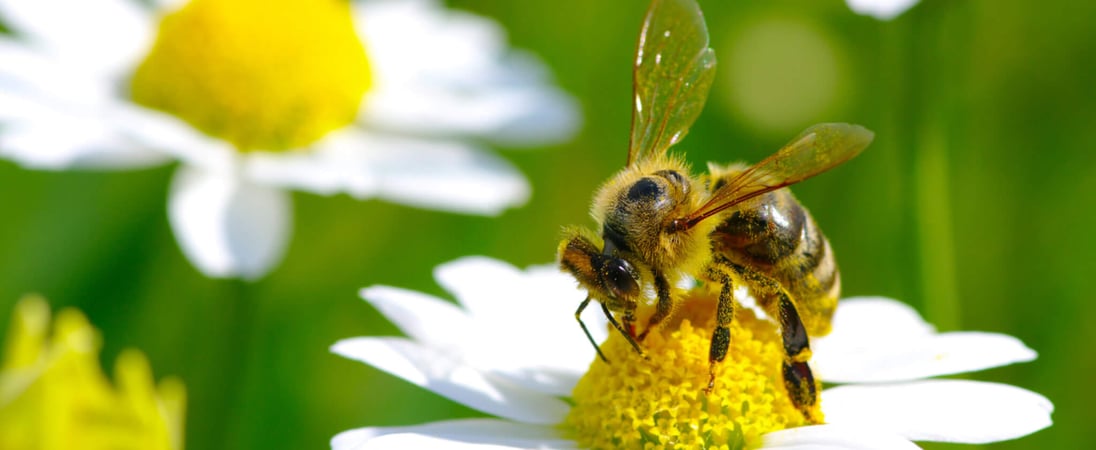
Don’t Step On A Bee Day
In addition to being careful not to step on any bees, see how you can help save these crucial creatures from disease and other threats of extinction.
In addition to being careful not to step on any bees, see how you can help save these crucial creatures from disease and other threats of distinction.
Don’t Step On A Bee Day is an important reminder that the fate of the common bee lies in the balance – with bee numbers in some countries reducing to only half in the last decade with no apparent cause, it’s vital that humans take care to maintain bee populations, pollination and honey production.
And that’s exactly what Don’t Step On a Bee Day is all about!
How to Celebrate Don’t Step On a Bee Day
Enjoy and celebrate Don’t Step On a Bee Day with a variety of bee-friendly activities and events, including some of these ideas:
Take Care of the Bees
Not only is Don’t Step On a Bee Day a good time to be more careful about walking in the garden or the park, it’s also an important time to consider other ways that these vital little winged insects can be helped out to live their best and most sustainable life.
Try out some of these ways to take care of the bees:
- Purchase Sustainable Honey. It’s important to be sure that the honey used in each household comes from local honey sources that are protective and sustainable for bees. It might be a bit more expensive, but it’s totally worth it to take care of the planet.
- Get Rid of Pesticides. Sure, insects and other garden pests can be a problem, but insecticides and pesticides can be a serious problem for the health of bees. Instead, try ridding the garden of pests using natural remedies.
- Teach Kids About Bees. Parents and teachers can take this opportunity to help children become more aware about the part they can play in helping the environment by learning more about caring for the bees.
Grow a Bee Friendly Garden
An excellent way to celebrate Don’t Step On a Bee Day is to be sure that the bees want to hang out. Do this by fostering and growing plants that encourage healthy bee activity.
Bees enjoy diversity so growing local, native flowers in a variety of colors, shapes and sizes is attractive to these little guys. Try to include important pollinators not only through flowers but also through vegetable gardens.
Not only that, but bees tend to enjoy hanging out in spaces that are a bit messy – so here’s permission to let those wild dandelions or other “weeds” grow. And if the neighbors complain? Tell them it’s for the bees!
History of Don’t Step On a Bee Day
A centuries-old superfamily of insects that contains more than 20,000 different species, bees are small but mighty!
Through the process of pollination, these little guys offer an important service to plants that are unable to fertilize themselves. In their daily foraging through the gardens, parks and wooded areas, bees can fly several kilometers away from their hives, spreading around the nectar and pollen they pick up.
Don’t Step on a Bee Day got its start through Ruth and Thomas Roy, but has grown in popularity over the past few years, especially due to the global focus of protecting the bees.
Sure, the day can simply be a way of reminding children to be careful where they walk, but it certainly has the potential to do much more than that as well.
Pay some respect and give those bees the accolades they deserve on Don’t Step On a Bee Day!
Don’t Step On A Bee Day FAQs
How did ancient civilizations view bees in their cultures?
In ancient Egypt, bees symbolized royalty and power. Pharaohs used the bee as a royal emblem, signifying their control over the land.
Similarly, in ancient Greece, bees were linked to the goddess Artemis, representing fertility and nature. These cultural ties highlight the longstanding reverence for bees across civilizations.
Are there any myths or superstitions associated with bees?
Yes, various cultures have myths about bees.
In Celtic folklore, people believed that bees were messengers between the living and the spirit world.
Some traditions held that telling bees about significant family events, like weddings or deaths, was essential to keep them content and productive.
How do different countries celebrate bees and their importance?
Slovenia observes “World Bee Day” on May 20th, emphasizing bees’ role in agriculture and the environment.
In Australia, events like the Nubeena Bee Festival in Tasmania celebrate bees through educational talks, honey tastings, and community activities, fostering awareness and appreciation for these pollinators.
What are some unusual facts about bee behavior?
Bees can recognize human faces. Researchers have found that honeybees can distinguish between different human faces in photos, a trait they use to identify flowers.
Additionally, bees perform a “waggle dance” to communicate the location of food sources to their hive mates.
Is it true that bees can sense human emotions?
While bees don’t sense emotions as humans do, they can detect pheromones and respond to human behavior.
For instance, sudden movements or aggressive actions can trigger a defensive response. Remaining calm and composed around bees reduces the likelihood of stings.
How do urban environments impact bee populations?
Urban areas can both challenge and benefit bees. While habitat loss and pollution pose threats, cities often provide diverse flowering plants in gardens and parks.
Urban beekeeping has gained popularity, with rooftop hives supporting local bee populations and promoting biodiversity.
What role do bees play in global food production?
Bees are crucial pollinators for many crops, including fruits, vegetables, and nuts.
Approximately one-third of the food we consume relies on bee pollination. Without bees, the availability and diversity of fresh produce would decline, impacting nutrition and food security.
Are there any famous literary works featuring bees?
Yes, bees have inspired literature for centuries. For example, in the epic poem “The Aeneid” by Virgil, bees symbolize harmonious society and hard work. More recently, Sue Monk Kidd’s novel “
The Secret Life of Bees” explores themes of family and identity, with bees playing a central symbolic role.
How can individuals support bee conservation efforts?
People can aid bee conservation by planting bee-friendly flowers, avoiding pesticides, and supporting local beekeepers.
Creating “bee hotels” offers solitary bees safe nesting sites. Participating in community science projects also helps track and protect bee populations.
What are some common misconceptions about bees?
A prevalent misconception is that all bees make honey. In reality, only honeybees produce honey in significant quantities.
Another myth is that bees are naturally aggressive; however, most bees are non-aggressive and sting only when threatened.
Also on ...
View all holidaysNational Kitten Day
These furry little friends will make your heart melt. With their curious nature and soft fur, they're sure to bring joy into your life!
National Piña Colada Day
Rum, coconut cream, and pineapple juice are all it takes to whisk you away to a tropical location. Have yourself a mini-vacation by sipping on a piña colada.
Chronic Disease Awareness Day
Constant health battles, unseen struggles on a daily basis, a silent quest for understanding, empathy, and support.
We think you may also like...
World Rainforest Day
Donate or volunteer your time to helping or raising awareness about how we can save the rainforests, and keep these crucial ecosystems alive.
National Pollinator Month
Essential contributors to ecosystems, ensuring biodiversity and food security by facilitating plant reproduction through pollen transfer.
Butterfly Education and Awareness Day
Understanding the life cycles and habitats of these pollinators fosters conservation efforts and biodiversity appreciation.
